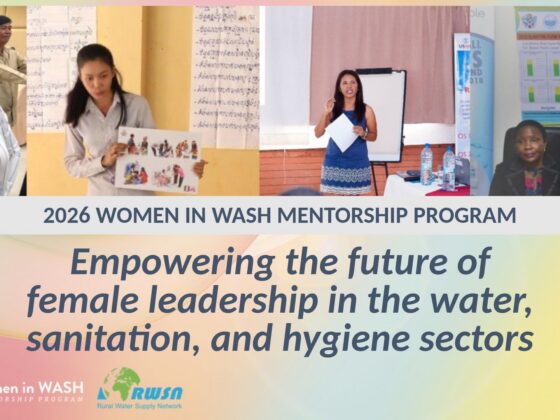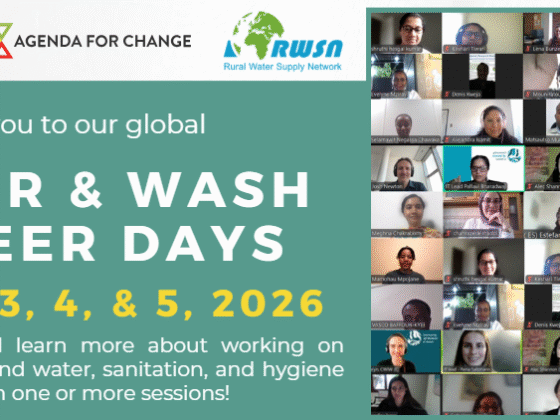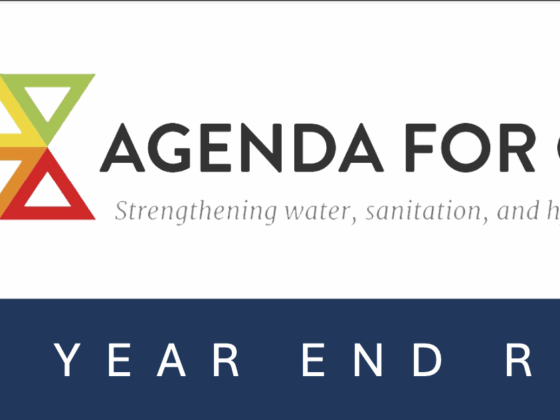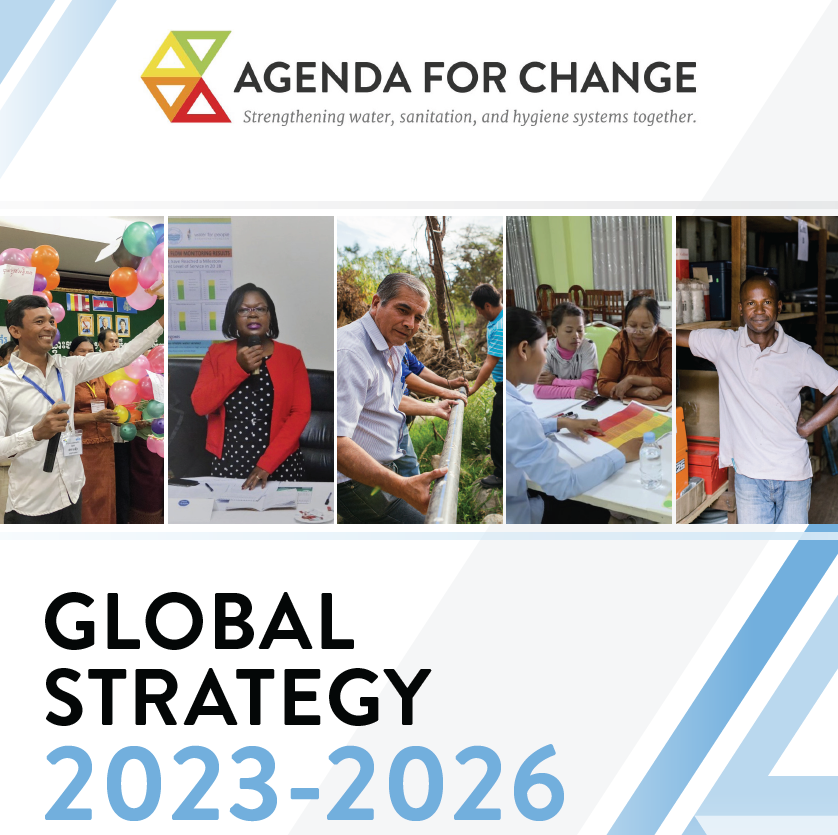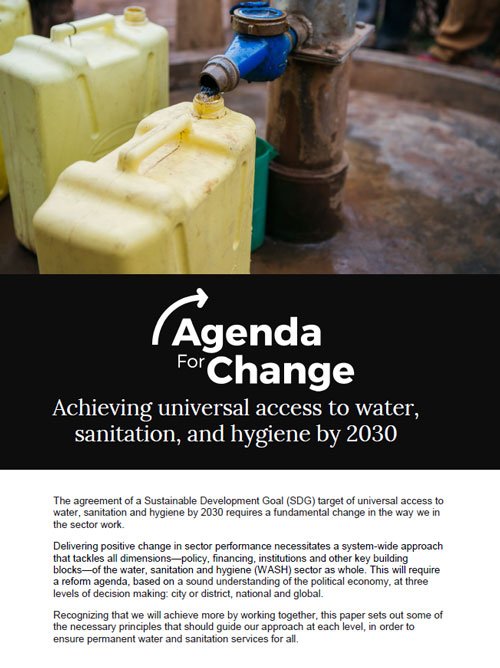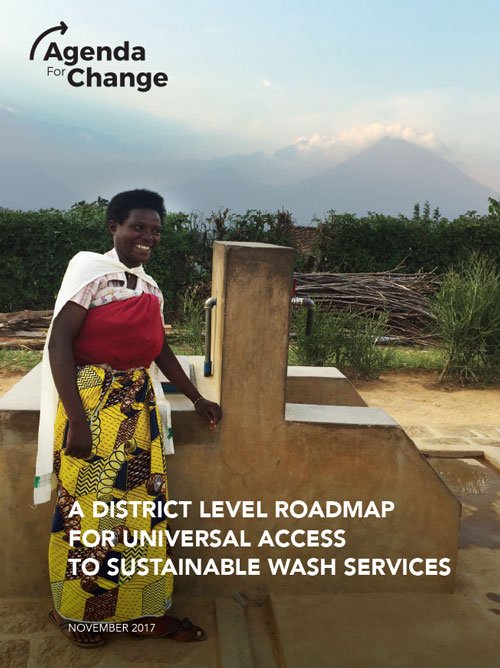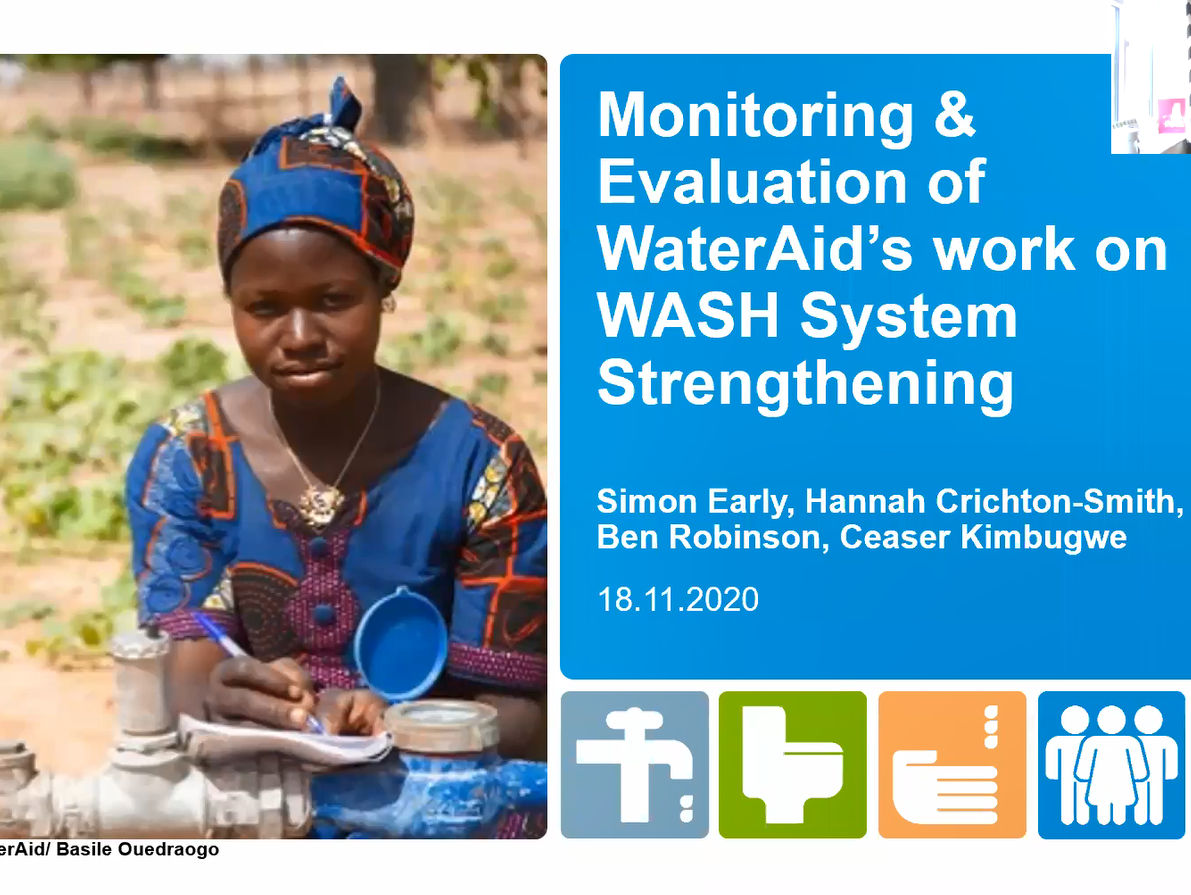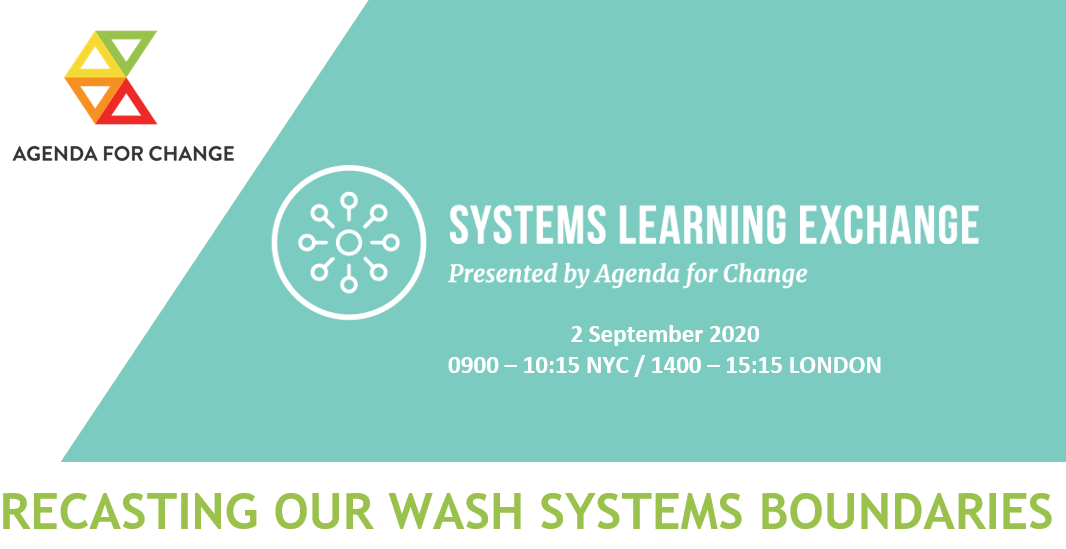About Us
Agenda for Change is about making a fundamental change in the way we work.
To deliver positive change towards water, sanitation, and hygiene service delivery, we need a systems-wide approach that tackles key building blocks of the water, sanitation, and hygiene sector. Read our Joint Principles to learn more.
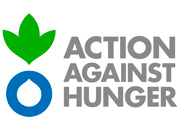
Action Against Hunger (ACF) is an important actor in the combat for access to Water, Sanitation and Hygiene (WASH) in the countries where it works and is examining the issue of water governance and the right to water through a range of measures that include research, advocacy and communication. ACF views the governance of water and sanitation as a fundamental condition for establishing lasting access to WASH for the people its projects are designed to benefit, and seeks to increase the consistency, equity and sustainability of the provision of governance to support the implementation of the Sustainable Development Goals, specifically Goal 6.

Aguaconsult is committed to improving WASH services across the world and recognises that sustainable and effective service delivery can only happen when systemic weaknesses are addressed. Aguaconsult has experience of working with a wide spectrum of sector actors including governments, donors, utilities and NGOs to strengthen permanent institutions that are responsible for service delivery. Examples range from working with the government of Vietnam on national maintenance strategies for piped water to leading an organisational review of the Community Water and Sanitation Agency in Ghana, to developing instruments to support district-level planning in Rwanda, Uganda and Nepal.

CARE works to strengthen the leadership and capacity of governments, at national and sub-national levels, to ensure water and sanitation services for all. CARE recognizes the vital role of the government, communities and the private sector in providing sustainable services. Their work includes supporting government agencies to develop partnerships with the private sector, co-collecting data and improving quality to inform government, advocating for government-run water and sanitation offices, integrating gender and equity into WASH approaches and working closely with government to institutionalize and operationalize policies.
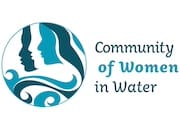
The Community of Women in Water (CWiW) believes a holistic and systemic perspective is critical to solving challenges for water resources and WASH services. By bringing women working within this sector together, we aim to help them see a more complete picture of the challenges and the possibilities. Equally critical is building and strengthening gender equality within the sector’s paid jobs; currently less than 20% of water sector employees are women although the global average for the work force is 47%. A systems approach is not possible without a diverse set of views; thus, CWiW works to raise the profile of women in the sector and to work towards a more equitable future for those working in the sector.

Catholic Relief Services (CRS) deploys a systems lens to contribute to achievement of universal water security, including analyzing watershed and landscape health; engaging, planning, and responding through national and sub-national policies, actors, and partners; and, by strengthening existing public and private systems. CRS’ water security programs engage various government ministries with responsibilities in water and other cross-cutting areas (health, gender, education, environment, agriculture, and others), as well as national civil institutions working in water governance.

Helvetas is progressing systemic change in small-scale agriculture to achieve large scale impacts and improve the livelihoods of farmers and vulnerable populations, notably through integration of water into market systems using inclusive approaches. Helvetas facilitates collective action across stakeholders in the public and private sectors; explores linkages between interventions at the farm level up to the national level; and, strengthens the capacity of stakeholders to support local ownership and accelerate replication of best practices within and across countries.

IRC is an international think-and-do-tank building strong WASH systems. Their goal is to challenge and shape the established practices of the WASH sector to ensure that services are available for everyone, for good. They work with governments, service providers, and international organisations to deliver systems and services that are truly built to last, and they do this at three levels: in districts, nationally and globally. They will judge themselves based on the progress they have made in achieving SDG Global Goal 6 – Ensure availability and sustainable management of water and sanitation for all – by 2030.
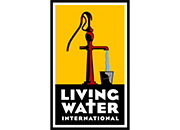
Living Water International works to build thriving communities by linking arms with individuals, church congregations, and communities to end the global water crisis by cultivating sustainable water access, sanitation, and hygiene (WASH) programs. Living Water technical teams consider many variables when constructing or rehabilitating a safe water source, including geography, government regulations, and a community’s ability to maintain the water point. All these conditions are factored into selecting an appropriate water system.
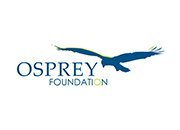
The Osprey Foundation supports water, sanitation, and hygiene (WASH) initiatives that deliver effective, sustainable, and scalable services in underserved communities. Osprey focuses on strengthening the local systems for delivering sustained WASH services through integrated, multi-pronged programs. Osprey also takes risks on innovative models with the potential to create game-changing improvements in WASH service delivery. Complementing these efforts, Osprey advocates for change within the WASH sector through collaboration with other funders and by challenging the sector to adopt approaches with the potential for greater impact.
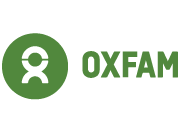
Oxfam is a global movement of people who are fighting inequality to beat poverty and injustice. Our focus on sustainability in WASH takes a systems approach through the strengthening of formal institutions, of the private sector, and of communities. We provide long term technical support and capacity building to the mandated authorities and institutions responsible for water and sanitation provision and also test innovations towards building resilience in the face of climate change.
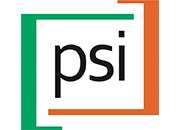
Population Services International (PSI) recognizes that enduring change requires working arm-in-arm with other inspiring and innovative minds committed to building systems-based solutions for safe WASH services. For over 20 years, PSI has been working to solve WASH challenges. Our ambition is to bring this experience to bear to strengthen systems for sustained access to WASH products and services that customers want to use. Our goal is to develop at least 10 inclusive WASH markets, where 30 million will have access to healthier, safer, more productive lives as a result of strengthened systems that enable access for all.

RWSN‘s vision is that of a world in which all people enjoy safely managed water services that are resilient and sustainable. We recognise that sustainable water services can only happen through a systems-wide approach that tackles systemic weaknesses of the water, sanitation, and hygiene sector. We commit to upholding the Agenda for Change principles and facilitating learning exchanges between our members to strengthen countries’ capabilities to deliver permanent and accountable access to WASH services.
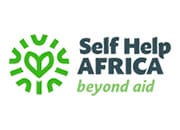
Self Help Africa, which merged with United Purpose in 2021, is working with disadvantaged communities in Africa, as well as Bangladesh and Brazil, to achieve sustainable livelihoods and healthy lives in a changing climate. The organisation’s WASH programmes have reached more than 5.5 million people so far. Its systems strengthening, market-based approach, and work to evolve service delivery and financing models, are crucial to its strategy for universal and sustainable WASH services. Self Help Africa works collectively with others to share learnings and positively influence the sector’s agenda.
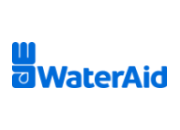
At WaterAid, systems strengthening means understanding that WASH services contain many component parts that function within different socio-economic, political and environmental contexts. An example is the SusWASH Programme – a five-year multi-country initiative focused on strengthening government leadership and accountability for WASH in Kampala, Uganda. They are also strengthening national and sub-national government-owned WASH monitoring information systems to help inform WASH investment, planning and decision-making, as well as supporting national governments and local level entities to cost and budget for the full costs of sustained, universal access.
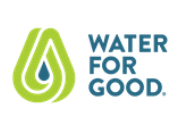
Water for Good is transforming lives through sustainable access to safe water, improved sanitation, and hygiene in the places that need it most. We take a long-term, district-wide approach everywhere we operate. We have current programs in Cambodia, Central African Republic, Ethiopia, Tanzania, and Uganda. Across our programs, the Vision of a Healthy Village model pursues integrated planning and develops contextually appropriate operations and maintenance services that strengthen the WASH systems’ local capacity for sustainable water service delivery. This approach achieves a significant, sustained reduction in the incidence of childhood diarrhea and other critical outcomes.
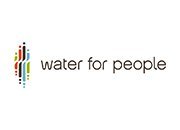
At Water For People, Everyone Forever means water and sanitation that lasts – for every family, clinic, and school. It sounds simple, but it’s a big shift in the status quo. They work to change the whole system that delivers basic water and sanitation services to everyone in a district. Everyone Forever means they focus on things like protecting water supplies, training mechanics, and establishing supply chains for parts. It means they think about long-term projects like advocating for national water policies and creating local water and sanitation utilities. They stay in partnership until they are confident that water will flow long after they leave a district.
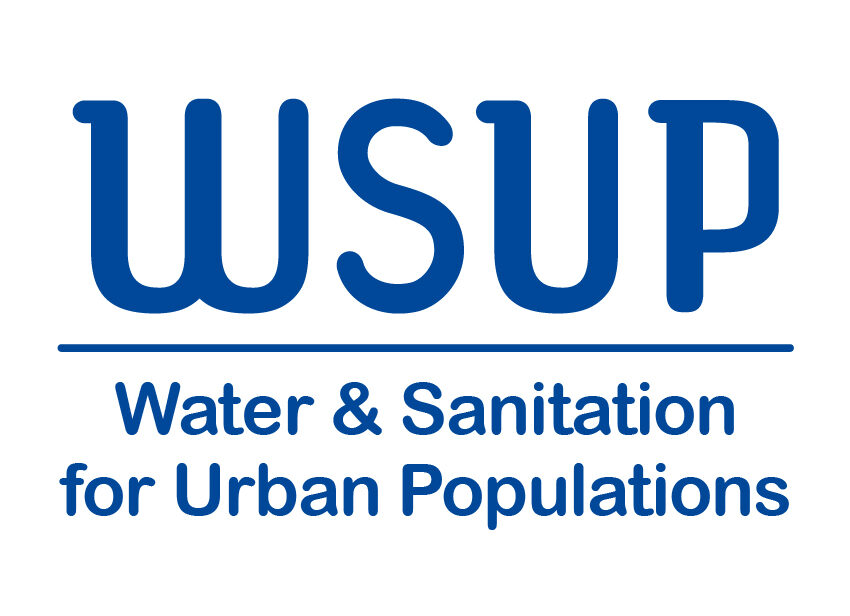
WSUP exists to improve access to water and sanitation for under-served urban populations. In Africa and Asia, we partner with utilities, local governments, and private sectors to build capacity for citywide services. At the national level, we collaborate with ministries and regulators to create inclusive mandates and strengthen accountability frameworks. By developing sustainable financing streams—tariffs, taxes, and transfers—we ensure services are affordable, financially viable, and environmentally sustainable.
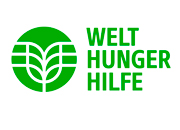
In 2017 Welthungerhilfe (WHH) launched the Sustainable Services Initiative (SSI), an internal program improving the sustainability of Welthungerhilfe’s WASH programs, primarily through encouraging the uptake of a systems strengthening approach and to advocate across the sector and partner countries for a more sustainable approach to WASH. Meanwhile an ever-growing number of WHH-WASH interventions in KEN, MWI, UGA, SOM, ETH, NPL, PAK, SLE, IND and ZWE apply systems approaches.
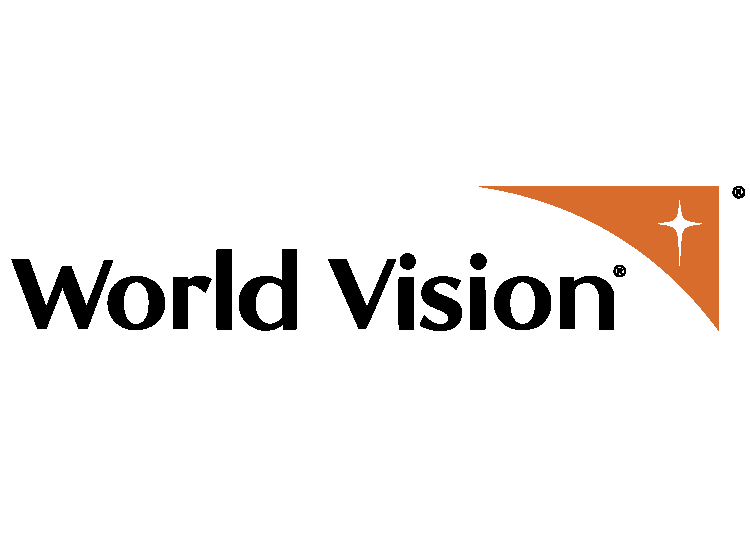
World Vision works from grassroots to global to strengthen and sustain WASH systems. This includes facilitating access to equitable and inclusive water and sanitation systems that are quality, locally owned, and sustainably managed. We partner with local and national government to ensure policies and standards are in place and enforced. We coordinate at regional and global levels to scale up learnings, align to global strategies, and push for greater accountability to WASH commitments.
Collective action that drives systemic change can help solve the global water and sanitation challenge.
Where We Work
Agenda for Change members are working globally to apply systems approaches.
Click on the highlighted countries below for more information.
Latest Updates
Water & WASH Career Days 2026: We’re Back for Year Three!
2025 End of Year Review
Systems Library
Resources
Videos
Get in Touch
Stay Connected with Us
Share with us how we can work together by emailing info at washagendaforchange dot org – we would love to hear from you!

